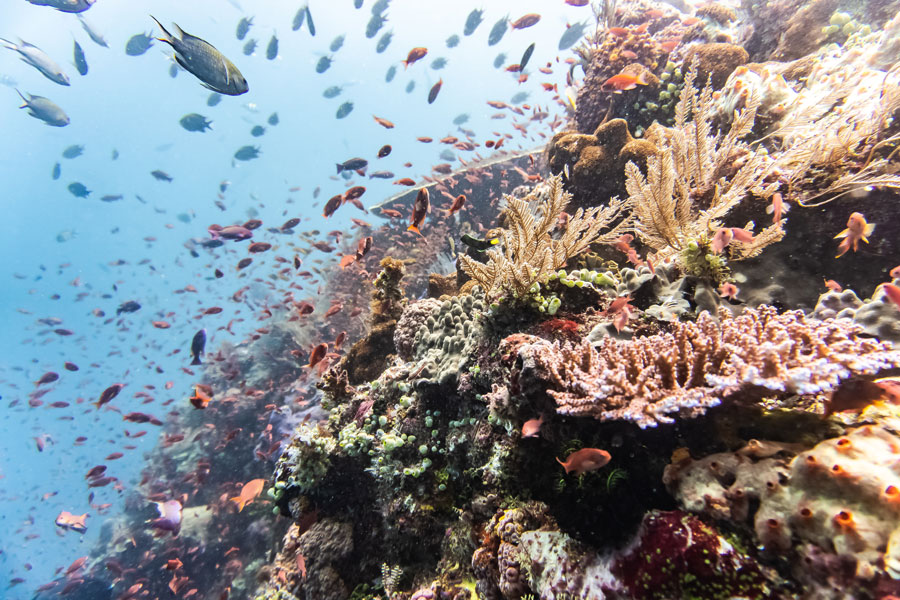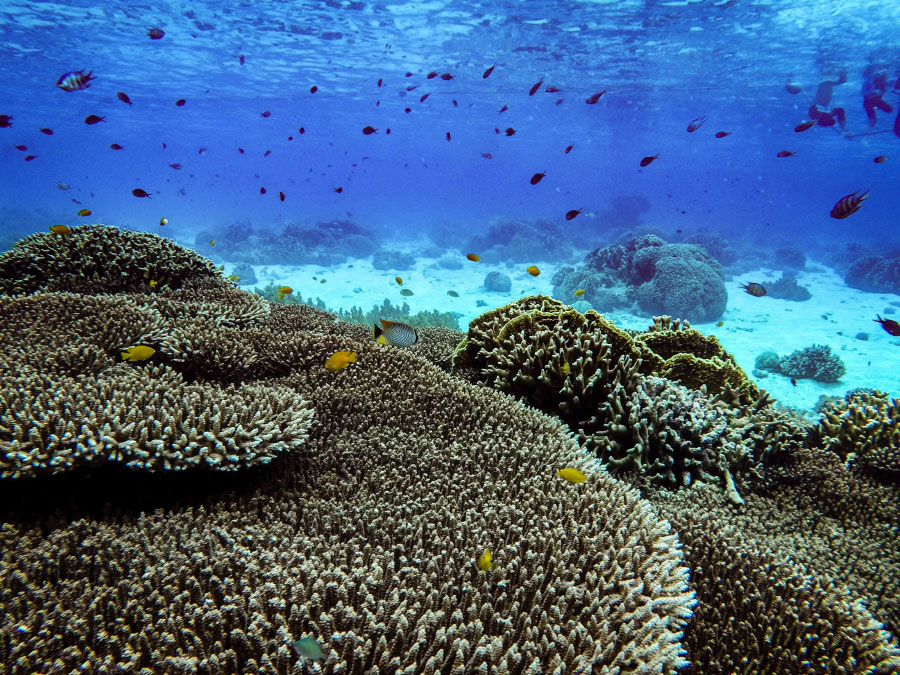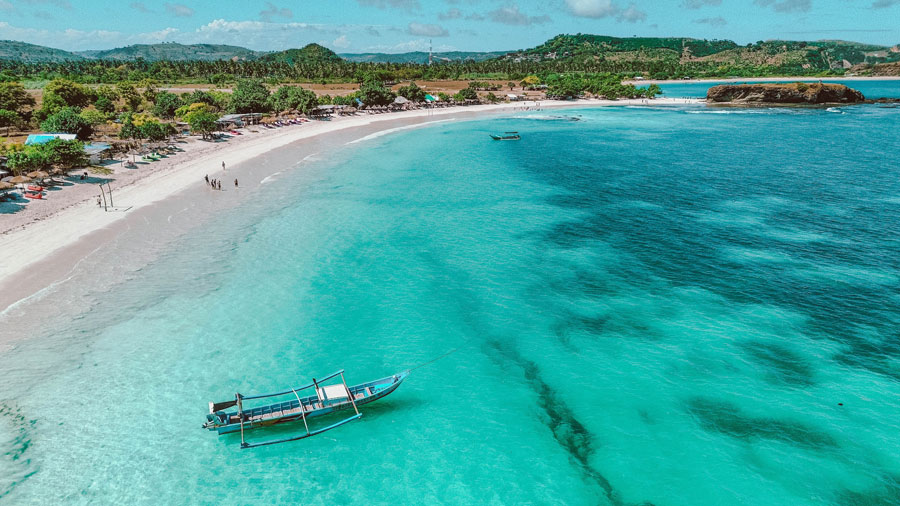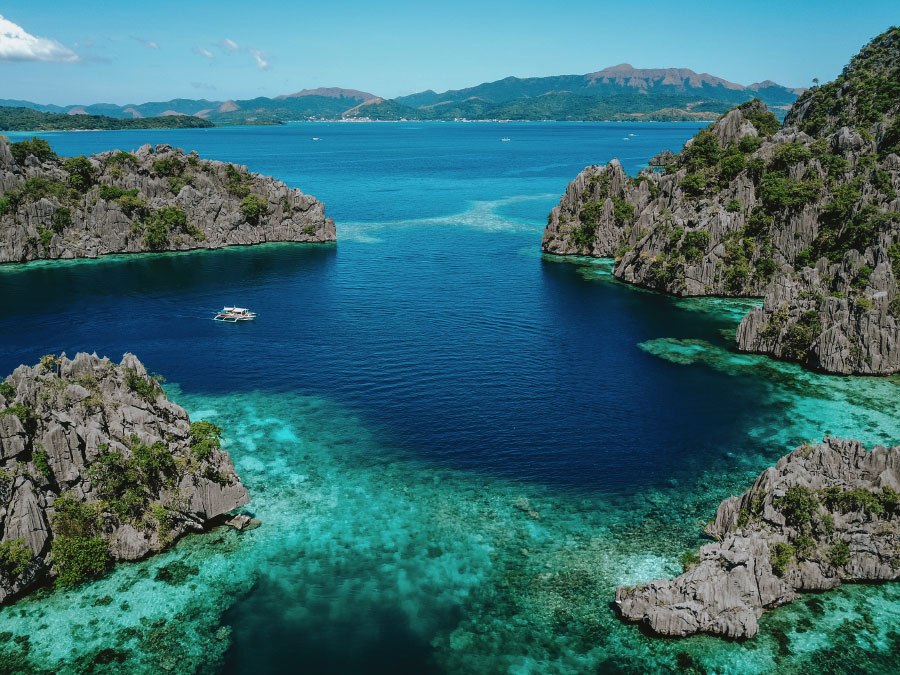Coral reefs are some of the most biodiverse ecosystems on the planet, providing critical habitat for countless species of fish, invertebrates, and other marine life.
Unfortunately, coral reefs are also highly vulnerable to the impacts of climate change, including rising sea temperatures, ocean acidification, and more frequent and intense storms. This has led to a decline in the health and resilience of many coral reefs, which in turn has negatively impacted the livelihoods of millions of people who depend on them for food, income, and cultural identity.
To address these challenges, a team of researchers from University of Leeds (UK), Coral Reef Alliance (USA), Rare (Philippines & Indonesia), Pattimura University (Indonesia), and many other partners are launching a project in the Philippines and Indonesia.
These two nations are part of “The Coral Triangle” – a region in the western Pacific Ocean that is known for its incredible marine biodiversity and rich coral reef ecosystems. It is often referred to as the “Amazon of the Seas” due to its vast array of marine life and is considered one of the most important and diverse marine regions on Earth.

Our Project
The new project is called Climate REEFS: Integrating Risks, Evolution, and socio-Economics for Fisheries Sustainability.
Led by Dr. Maria Beger of University of Leeds, Rocky Sanchez-Tirona of Rare, Dr. Gino Limmon of Pattimura University, and Dr. Helen Fox of CORAL, the project will focus on climate change adaptation for both coral reefs and the coastal communities that depend on them. In particular, Climate REEFS aims to both develop techniques to identify adaptive reefs using remote sensing technologies and characterize how gender and social status shape socio-economic vulnerabilities and the ability to adapt to reef degradation.
Its ultimate goal is to strengthen community capacity for sustainable fisheries and to improve management of coral reef marine protected areas (MPAs).

Climate REEFS will involve a range of activities, including social science research to identify climate vulnerability and gender- and socially inclusive adaptation pathways. It also involves geospatial research to detect adaptive reefs from satellite-derived data, as well as ecological and genomic research to pilot an analysis that tests the interplay of adaptiveness from genes to people.
All activities will be conducted at a small scale, with the goal of training the team in key research techniques and identifying policy opportunities that will enable future expansion.
Convening in the Philippines
Climate REEFS officially kicked off in the city of Cebu, the Philippines, where partners met from July 3 – 5 to discuss major work packages, finalize project timelines, and flesh out plans for the start of gathering data in the field, among other agenda items.
The project team is currently working to select field sites for ecological coral reef surveys off the island of Leyte in the Philippines and is also working with nearby coastal communities. It’s expected that similar efforts will begin off the island of Ambon, Indonesia in October.

Expanding our Presence in the Coral Triangle
You can help us expand our work in the Coral Triangle by following the Climate REEFS project and sharing about it with friends, family, and followers. The more people who know about this work, the better. We’re confident this sharing of knowledge will influence how other communities manage their coral reef resources and influence donors to fund coral conservation and science.

